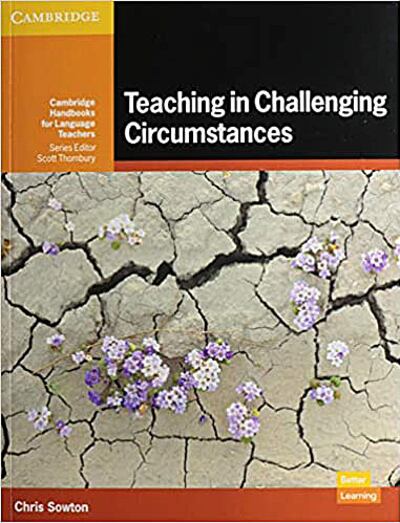Culture is at the heart of the ongoing war in Ukraine.
This was the assessment of a panel discussion at The London Book Fair on Tuesday, which featured International Publishers Association president Bodour Al Qasimi.
She was joined by Cortina Butler, deputy director of arts at the British Council, and Jane Mann from UK publisher Cambridge University Press, in discussing the role the publishing industry can play in times of conflict.
When it comes to the situation in Ukraine, Butler said the arts have an important contribution on the ground and abroad.
British Council deputy director of arts
"It is really interesting that the war in Ukraine is particularly positioned as a challenge to Ukrainian identity and its right to exist. The argument that is being made is that Ukraine is not a real nation with all the cultural cohesion that comes with nationhood,” she said.
"Maybe because of this, culture has been at the forefront of what is being asked by Ukraine for assistance. They have obviously been asking for military support, sanctions [against Russia] and humanitarian support, but they are also asking for support in asserting the distinctiveness of Ukrainian culture and asking people to share Ukrainian culture and literature.”
As the head of the world’s peak publishing body, Al Qasimi said that International Publishers Association stands in solidarity with publishers in times of conflict.
"This is not a subject that's new for us. In addition to Ukraine, the IPA has members in other countries that are working in times of crisis and that includes Armenia, Iraq, Lebanon, Libya, Nigeria, Somalia and Sudan," she says.
"We see our role being really effective when working with our members to build resilience in their publishing ecosystems. We support them by keeping books reaching the readers and also make sure that we have a watchdog function to ensure [the] freedom to publish because, as we know, during times of conflict that's where a lot of governments curb access to information.”
The support for publishing books is not only a professional lifeline, but in the case of some titles, can also save lives.
Mann explained how the 2021 book Teaching in Challenging Circumstances by Chris Sowton has been a vital source of information for Ukrainian teachers.

"Sowton, who taught in conflict zones all over the world, wrote this really practical guide and Cambridge Press made the book now available for free online," she said.
"We, as education publishers, can bring quality education to those who've been impacted by conflict and violence. We should look for opportunities to partner with non-government organisations and do some really powerful work in addressing the situation.”
Al Qasimi noted that some of these partnerships are already under way, including the IPA’s collaboration with the UAE philanthropic organisation Dubai Cares.
"We created the initiative called Africa Publishing Innovation Fund which was started a couple of years ago and through this fund, we got about 13 projects, one of which was to fund the building of a library in the Kakuma Refugee Camp in Kenya, which hosts more than 150,000 refugees,” she says.
"Going back to Ukraine, the IPA is supporting a few initiatives, such as working closely with the Federation of European Publishers to highlight a crowdfunding campaign to provide children's books to refugee children.
“And there is the European Educational Publishers Group's initiative to provide free licensing of Ukrainian educational resources to refugee children. There is more work to be done to support the local publishing community in Ukraine."
Part of that effort also needs to be extended to averting conflicts in the first place, Mann said.
She believes the publishing industry can play a vital role in peacebuilding.
“We have a responsibility as publishers to avoid the sort of bias that generates conflict in the first place. This is something we've been doing as education publishers for years, through how we represent gender, ethnic diversity, disability and special educational needs,” she said.
“But my question is, why couldn't we be doing that for peace education and conflict resolution? Because we have that ability and we have that opportunity.
“If we were to do this and approach it globally, it does make me wonder what we could achieve.”


